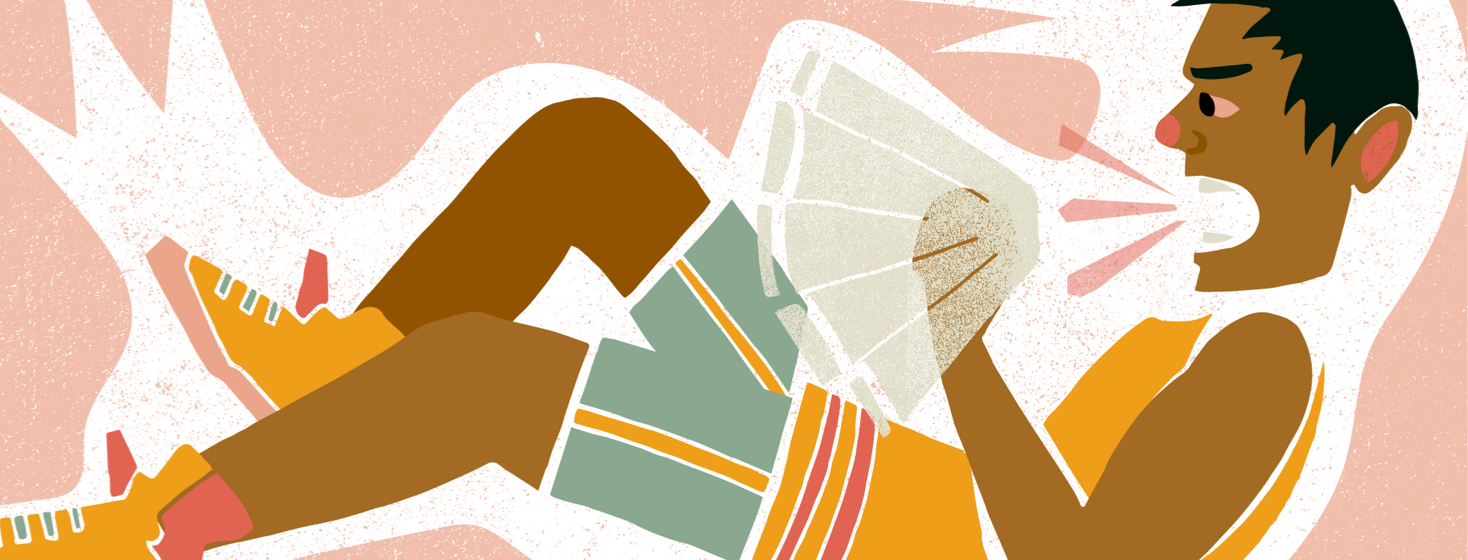Things You Cannot Do During Severe Asthma Attacks
Severe asthma attacks are the worst. If you have not had one, I hope you never do. If you have ever had one, I am sure you know exactly what I am talking about. That said, here are some of the things you cannot do during a severe asthma attack.
Researchers define a severe asthma attack as one requiring systemic steroids. For the purpose of this post, I will define them as those that make you feel as though you can barely even get in half a breath. Those, I think, are the worst asthma attacks. And, since you cannot get air in (or, as they say, out – since obstructed airways trap air in), there are things you cannot do. Here are some of them.
What we cannot do during a severe asthma attack
Yawn
During asthma episodes you sometimes do not get much sleep. And when you do not sleep much your body wants to yawn. Um, yeah, try to do that when you cannot even take in a half a breath. Your body will start the inhalation part, but the effort will fizzle out. It is kind of a weird feeling, because you would love to yawn during such attacks. I have a feeling people with asthma may be among the few people in the world who experience such a phenomenon. Perhaps those with cystic fibrosis, bronchiectasis, and COPD (chronic obstructive pulmonary disease) may experience this, too.
Sneeze
Ditto what I said with "yawn" above. To sneeze, you will need to take in a deep breath. If you can only get in half a breath, you will not generate enough of a flow to create the sneeze. This is a weird feeling, to say the least. With me, many of my asthma attacks are caused by allergies. And, along with sniffles and wheezes, your body may also want to sneeze. Yet, you get half a breath in and the sneeze feeling sort of fizzles out. It's awkward. And disappointing too, as sometimes a sneeze feels nice.
Walk
Walking may make your breathing worse. And who wants to risk that? Still, during severe asthma attacks, you will still need to walk to your medicine. Or you may need to walk to the car so someone can drive you to the emergency room. Or you may want to walk to the kitchen to get a cup of water, if you do not have someone to get one for you. But when you do, chances are you will be leaning on things along the way to rest and get those shoulders up in an effort to make room in your lungs for more air. Walking during these types of attacks is surely no fun.
Talk
So, like walking, we can talk too. But, it comes with difficulty. We generally do not think about it, but to talk you need to take in a deep breath. And when you exhale, your voice is created as the air you exhale moves through your vocal cords. So, if you can only take in half a breath, your words will come out in short choppy sentences. In fact, talking in short choppy sentences is a telltale sign that you are having a severe attack and need to treat yourself or seek help as soon as possible.
Lie down
To breathe during severe asthma attacks, we need to keep our shoulders high. This is done in an effort to create more room in our chests for air to enter. So this makes it necessary to sit up. When you are lying down, it is difficult to keep your upper body up and shoulders up. Personally, I prefer to sit in a recliner so I can sit up, as that works best for my breathing. This allows me to keep my shoulders up while sitting in something comfortable. To lie down sort of throws things out of whack.
Sleep
How do you sleep when you can barely breathe? I have maybe dozed off for a few minutes when I cannot breathe, out of pure exhaustion. And this would have been when I was just a child of 14 or less. Man, I give credit to anyone who is that short of breath who can sleep. In my humble opinion, based on my experience with severe asthma attacks, sleep is difficult. What do you think?
What are your thoughts?
Lord, I hope you do not experience, or have never experienced, severe asthma attacks. But if you have, what are your thoughts? What are things you cannot do during such attacks, if you have them? Please let us know your thoughts in the comments below.
One community member is looking for insight on if others feel similarly about their asthma and coping as they do. Check out the forum and share your experience!

Join the conversation